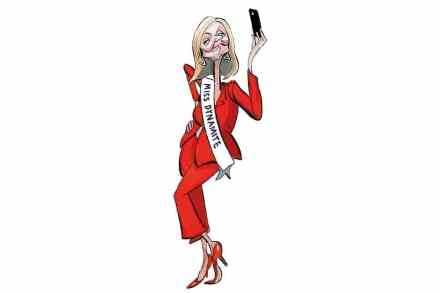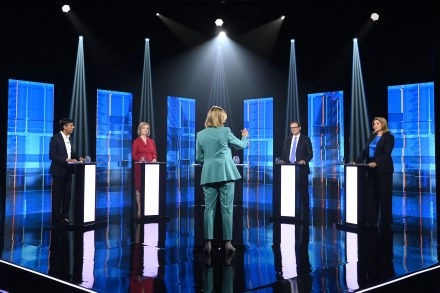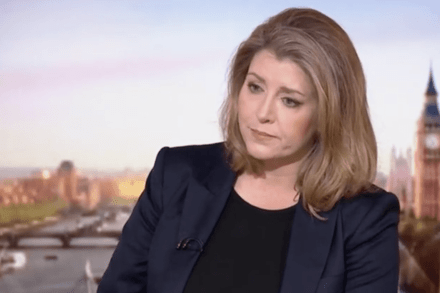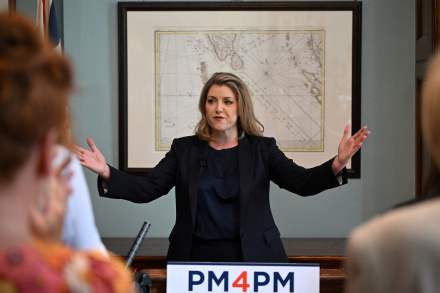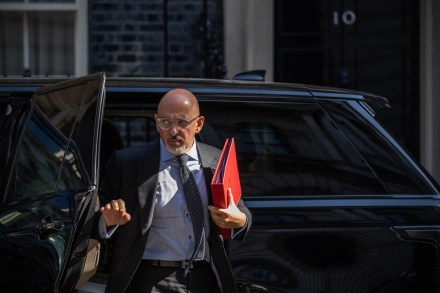The Conservative party has ceased to be serious
I’m not sure that the Conservative party wants to win elections. Tom Tugendhat was knocked out of the leadership contest on Monday, and Liz Truss is now the bookies’ favourite to be the next Prime Minister. Any party that thinks the latter beats the former cannot say it is serious. There are several reasons for Conservatives to ignore me on this topic. First, I’m not a Conservative. Second, Tugendhat and I are friends. Third, I take a view of party politics that seems to be utterly out of fashion these days. That view is that politics works better when parties try to win the other side’s votes. When Conservatives pursue
